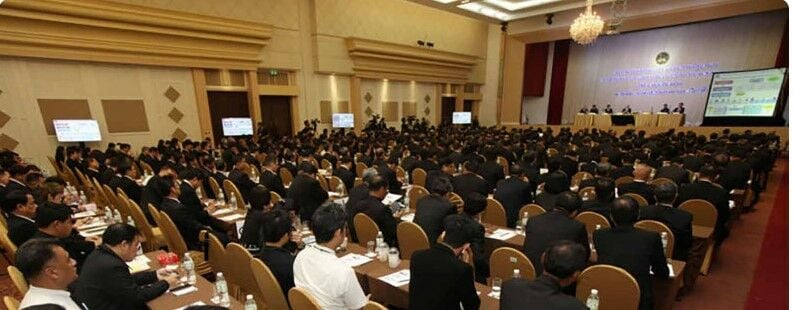Thai provincial governors gain CEO-like powers under new decentralisation policy

Thai provincial governors have been granted the authority akin to a company’s CEO, following a Cabinet agreement.
This move forms part of the government’s decentralisation policy. However, the main opposition party, the Move Forward Party (MFP), and various critics question if this action truly aligns with accepted international standards of decentralisation.
The Cabinet-approved proposal, submitted by the National Economic and Social Development Council (NESDC), empowers provincial governors under Section 53 of the royal decree on integrated area-based administration in 2022. The provincial governors can now conduct performance assessments, raise salaries, and award special rewards to executive senior civil servants in their provinces. They also have the power to take disciplinary action when required.
The proposal, presented at the mobile Cabinet meeting in Nong Bua Lam Phu, aims to begin implementation in the 2025 fiscal year, beginning October 1, 2024. The plan also includes the introduction of Key Performance Indicators (KPIs) to evaluate provincial achievements, which will guide government decisions on budget allocation and development projects.
Additionally, provinces were instructed to create a 20-year provincial development forecast and provide current annual development plans. The Ministry of Interior will compile this data to help the Budget Bureau incorporate provincial development plans into the state budget distribution, reported Bangkok Post.
The MFP list-MP, Parit Wacharasindhu, criticised the CEO concept during a debate on September 12, claiming it was simply a reiteration of a Thai Rak Thai Party policy from 20 years ago. Parit argued that since these new-style provincial governors are not elected by local people, this policy cannot be considered as promoting decentralisation. Parit also accused the Srettha Thavisin administration of backtracking on a previous promise to trial elections for provincial governors in selected areas.
Stithorn Thananithichot, director of the Office of Innovation for Democracy at King Prajadhipok’s Institute, suggested that the policy’s success is doubtful if administrative power has already been somewhat decentralised to provincial and tambon administrative organisations. He recommended that the government should instead convert these governors into coordinators for current local administrative bodies, highlighting the need for integrated administration at the provincial level.
Latest Thailand News
Follow The Thaiger on Google News:


























